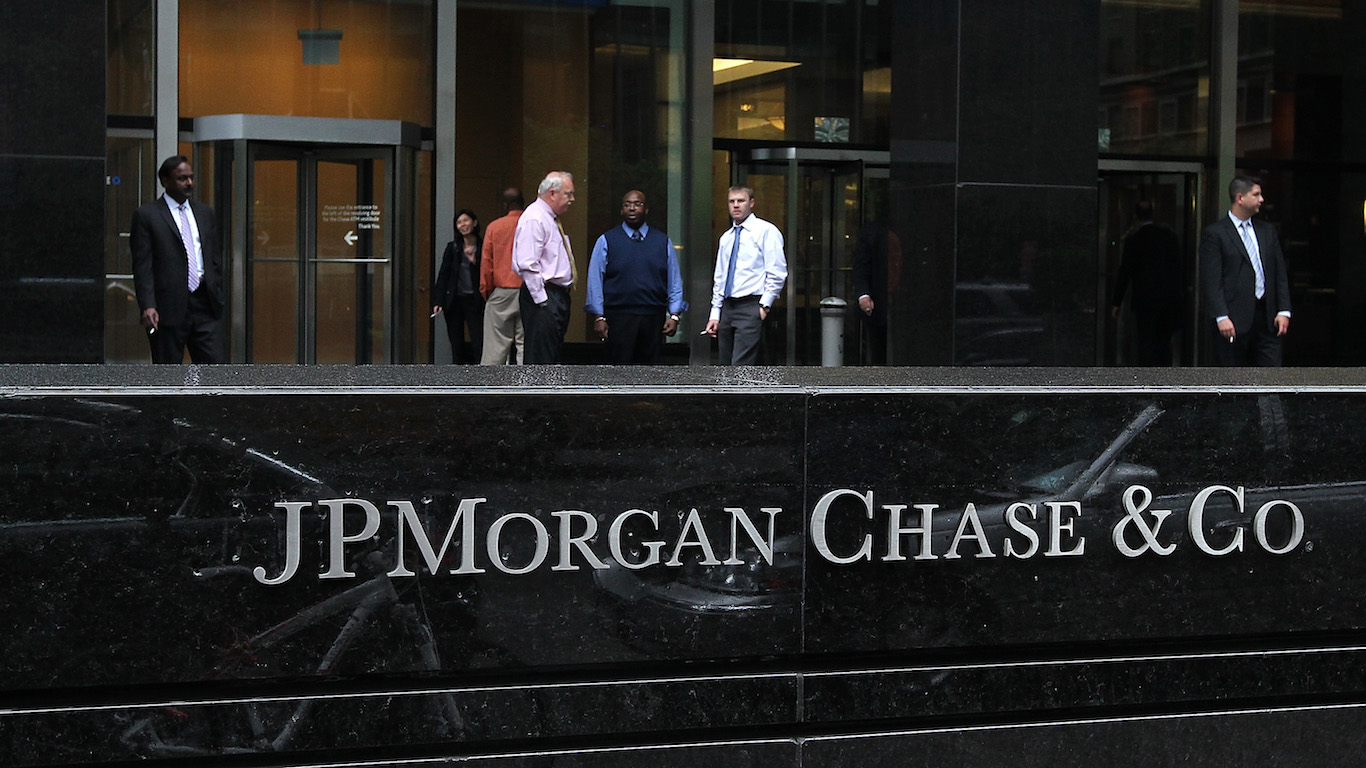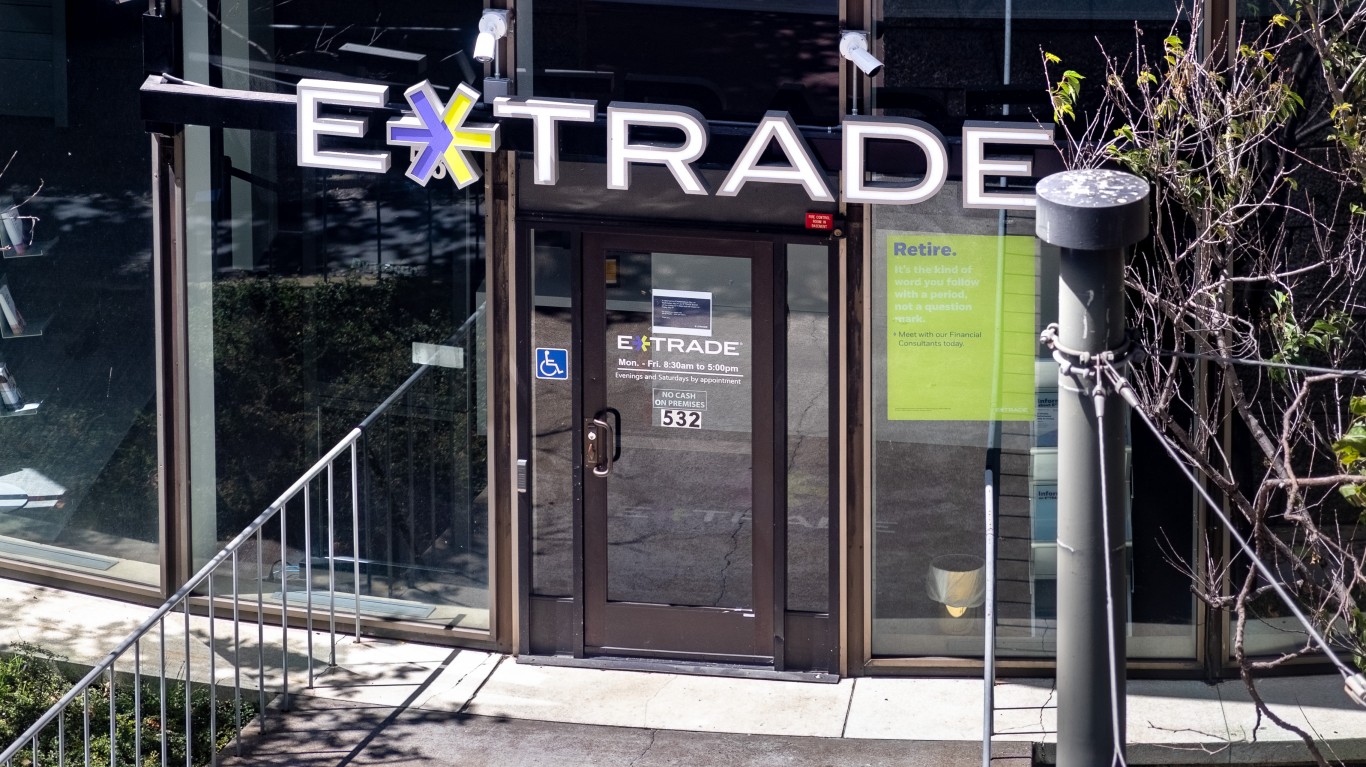

When the Federal Reserve last week published the results of its latest stress tests on 34 U.S. financial institutions, the central bank also imposed some conditions on the banks to ensure that they are sufficiently capitalized to weather the economic downturn caused by the COVID-19 outbreak.
Specifically, for the third quarter (and perhaps longer), the Fed suspended share buybacks and capped the growth of dividend payments. The banks also were required to reassess their capital needs going forward and submit new capital plans. Additional stress testing is also on tap for later this year.
The Fed set a limit on third-quarter dividend payments that may not exceed “an amount equal to the average of the firm’s net income for the four preceding calendar quarters.” That could have been worse had the Fed limited the average to just the first two quarters of this year.
Among the country’s six largest banks, only Wells Fargo & Co. (NYSE: WFC) has said it plans to reduce its third-quarter dividend. The fourth-largest U.S. bank (measured by market cap) has paid a $0.1275 quarterly dividend (yielding 8.13%).
As for country’s largest regional banks, none is expected to cut its third-quarter dividend, according to a report last week from Wedbush.
The bank’s average net income for the past four quarters (including the consensus estimate for the just-completed second quarter) is $2.21 billion. Its first-quarter cash dividend payments on common and preferred shares totaled $2.31 billion.
Now for the good news. Here are seven banks that have announced or are expected to announce that they will pay their regular dividend in the third quarter. All these banks also look good going into the fourth quarter, unless the Fed decides to change its formula or second-quarter net income misses estimates by a wide margin.
JPMorgan Chase & Co. (NYSE: JPM) has said it will pay its regular $0.90 per share quarterly dividend (yielding 3.86%). The nation’s largest bank posted average net income for the past four quarters of almost $6.0 billion and paid first-quarter cash dividends of $3.2 billion.
Bank of America Corp. (NYSE: BAC) will pay its quarterly dividend of $0.18 (yielding 3.10%). The country’s second-largest bank had average quarterly net income of around $5.0 billion and paid first-quarter dividends of $2.1 billion.
Citigroup Inc. (NYSE: C) also has announced that it will pay its quarterly $0.51 per share dividend (yielding 3.99%). The third-largest bank’s average net income for the past four quarters is around $3.4 billion and first-quarter dividend payments totaled $1.4 billion.
Goldman Sachs Group Inc. (NYSE: GS) has said it will pay its regular quarterly dividend of $1.25 (yielding 2.53%). The nation’s fifth-largest bank had a four-quarter average net income of $1.6 billion and paid cash dividends of $538 million in the first quarter.
Morgan Stanley (NYSE: MS) will pay its $0.35 per share regular dividend (yielding 2.94%) in the third quarter. The sixth-largest bank had average net income of $1.9 billion and first-quarter cash dividend payments of $688 million.
U.S. Bancorp (NYSE: USB) will maintain its $0.42 per share dividend (yielding 4.67%). Average net income for the country’s seventh-largest bank is estimated to be around $1.4 billion, compared with first-quarter cash dividend payments totaling $718 million.
PNC Financial Services Group Inc. (NYSE: PNC) has announced that it will pay its regular quarterly dividend of $1.15 (yielding 4.47%). The eighth-largest U.S. bank has average net income of around $1.1 billion and paid first-quarter cash dividends of $566 million.
Fed Governor Lael Brainard did not support the Fed’s decision to allow the banks to pay third-quarter dividends. She maintains that the banks are highly likely to need larger capital buffers and that paying dividends drains, rather than fills, that need.
Similarly, Sheila Bair, former chair of the FDIC, has said she thinks all U.S. banks should suspend their dividends. If the current economic situation gets better sooner than expected, the banks could do a special catch-up dividend.
Sponsored: Attention Savvy Investors: Speak to 3 Financial Experts – FREE
Ever wanted an extra set of eyes on an investment you’re considering? Now you can speak with up to 3 financial experts in your area for FREE. By simply
clicking here you can begin to match with financial professionals who can help guide you through the financial decisions you’re making. And the best part? The first conversation with them is free.
Click here to match with up to 3 financial pros who would be excited to help you make financial decisions.
Thank you for reading! Have some feedback for us?
Contact the 24/7 Wall St. editorial team.



